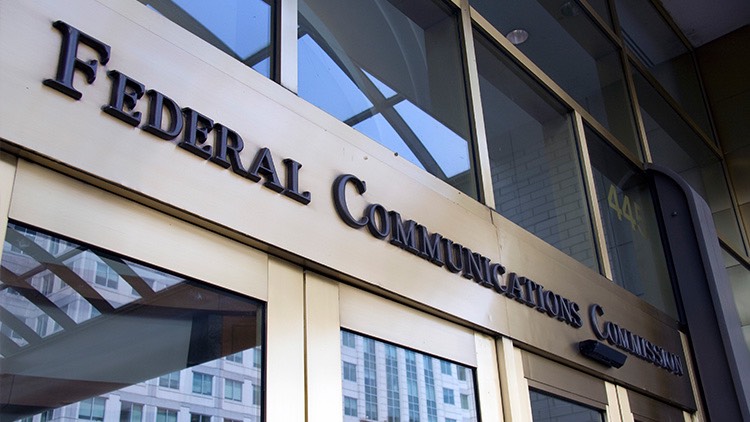FCC: Cablevision Did Not Discriminate Against GSN

The smarter way to stay on top of broadcasting and cable industry. Sign up below
You are now subscribed
Your newsletter sign-up was successful
The FCC has ruled that Cablevision did not discriminate against Game Show Network in its carriage of the network, denying the GSN complaint and reversing an administrative law judge (ALJ) decision that there was discrimination.
The vote was 2-1, with commissioner Mignon Clyburn dissenting, saying the FCC had improperly overruled the ALJ. She called it a dangerous move that she hoped would not become a precedent.
An FCC administrative law judge had ruled last fall that Cablevision, now owned by Altice, discriminated against GSN on the basis of non-affiliation by "unlawfully" moving it to a sports tier while Cablevision's WE tv remained on expanded basic.
That came despite a 2015 Enforcement Bureau conclusion (in comments in advance of oral argument before the administrative judge) that GSN had not demonstrated affiliation-based discrimination or shown that it was similarly situated to WE tv or Cablevision-affiliated network Wedding Central.
The FCC's general counsel office said this week it agreed with the Enforcement Bureau.
An ALJ decision is not dispositive but instead is a recommendation to the FCC commissioners, who have to make the ultimate decision, which they had yet to do.
The complaint has been in the pipeline for most of a decade.
The smarter way to stay on top of broadcasting and cable industry. Sign up below
GSN first filed a carriage complaint with the FCC in Oct. 2011, alleging that Cablevision discriminated against the channel by moving it from a basic tier to a premium sports tier on its systems in February 2011. The change, GSN claimed, caused its ratings to “crater."
GSN claimed Cablevision used its market power to favor its own affiliated networks like WE tv and the now-defunct Wedding Central, which did not change channel positions. Cablevision countered that there was a legitimate, nondiscriminatory, basis for the move.
Commissioner Michael O'Rielly supported the decision but said he could not understand why it took six years to make it. He said that since the FCC has to vote on an ALJ decision, it just becomes an extra layer of bureaucracy.
Contributing editor John Eggerton has been an editor and/or writer on media regulation, legislation and policy for over four decades, including covering the FCC, FTC, Congress, the major media trade associations, and the federal courts. In addition to Multichannel News and Broadcasting + Cable, his work has appeared in Radio World, TV Technology, TV Fax, This Week in Consumer Electronics, Variety and the Encyclopedia Britannica.

